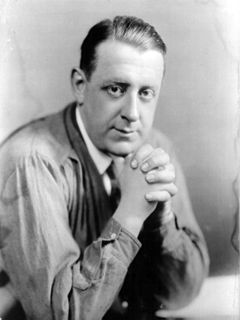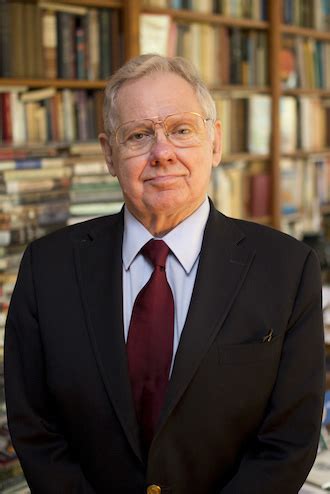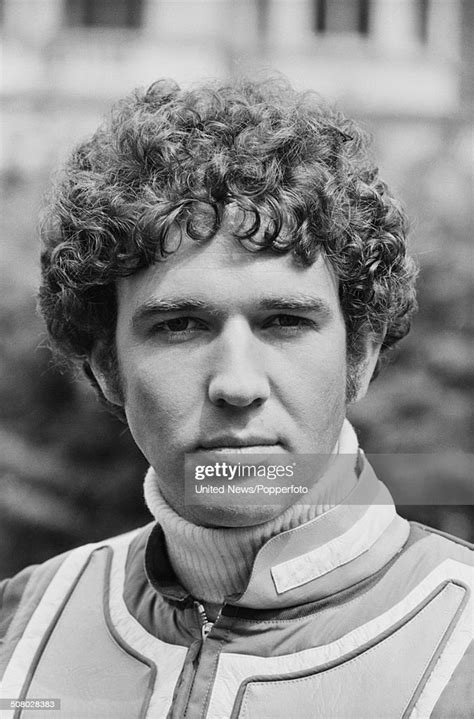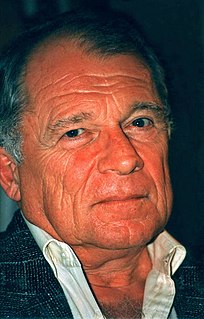A Quote by Hendrik Willem Van Loon
In such a case the writer is apt to have recourse to epigrams. Somewhere in this world there is an epigram for every dilemma.
Related Quotes
Many pundits today are in the habit of misquoting Santayana's epigram, Those who cannot remember the past are condemned to repeat it. Maybe some people have come to grief this way, but they are probably fewer than those who have fallen into the opposite error. One is apt to perish in politics from too much memory, Tocqueville wrote somewhere, with equal truth and greater insight.
I have told somebody in court that 'I understand yours is the most important case in the world, and I'm trying to treat it as the most important case in the world, but five minutes from now I'm going to be dealing with the next person's most important case in the world.' For every litigant, theirs is the most important case.
What are the precise characteristics of an epigram it is not easy to define. It differs from a joke, in the fact that the wit of the latter dies in the words, and cannot therefore be conveyed in another language; while an epigram is a wit of ideas, and hence, is translatable. Like aphorisms, songs and sonnets, it is occupied with some single point, small and manageable; but whilst a song conveys a sentiment, a sonnet a poetical, and an aphorism a moral reflection, an epigram expresses a contrast.
You can win as long as you chose your battles. You can win more arguments then you might think as a writer, even though you legally have no recourse, and your script can get muddied and altered in any way possible. You can use reason, logic, and passion to argue persuasively for a case in your favor. So what I've learned is to just basically not buckle - not be belligerent, not be angry, not throw fits, but just not buckle.
The world will teach our children if we do not, and children are capable of learning all the world will teach them at a very young age. What we want them to know five years from now needs to be part of our conversation with them today. Teach them in every circumstance; let every dilemma, every consequence, every trial that they may face provide an opportunity to teach them how to hold on to gospel truths.






























